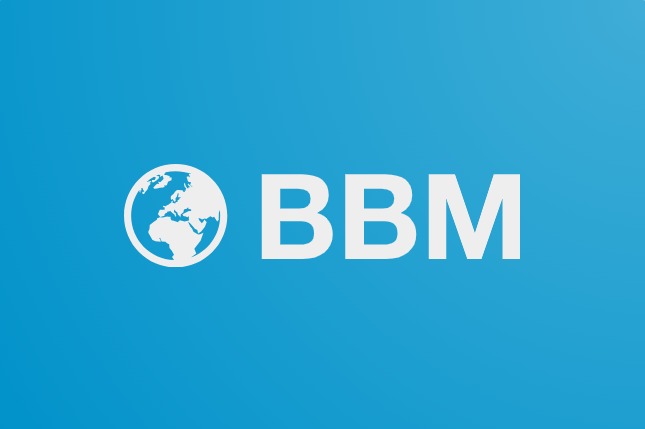Some of the links in this article are "affiliate links", a link with a special tracking code. This means if you click on an affiliate link and purchase the item, we will receive an affiliate commission.
The price of the item is the same whether it is an affiliate link or not. Regardless, we only recommend products or services we believe will add value to our readers.
By using the affiliate links, you are helping support our Website, and we genuinely appreciate your support.
[matched_title]
Dream11, India’s largest fantasy sports platform valued at $8 billion, is facing its biggest crisis yet after the government imposed a blanket ban on real-money gaming. Despite losing almost all its revenues overnight, the company’s co-founder and CEO Harsh Jain insists that jobs are safe and the company has sufficient reserves to weather the storm.
Last week, Parliament passed the Online Gaming Bill, prohibiting all forms of real-money gaming in India. The law has dealt a hard blow to Dream Sports, the parent of Dream11, erasing 95 per cent of group revenues and all profits. The Mumbai-based firm, which reported operating revenue of Rs 6,384 crore in FY23, has now shut down all paid contests on its fantasy sports platform.
No layoffs
“This is definitely one of the darkest times for us,” Jain said in an interview with CNBC-TV18. “But we are a law-abiding company and will fully abide by the decision. We have enough capital to sustain our 800-member team for the next couple of years. There will be no layoffs. Talent comes first.”
Unlike several of its smaller peers, which face closure and mass retrenchments, Dream Sports is determined to hold on to its workforce. Jain stressed that the company’s survival depends on its ability to build new products with the talent already in place.
“The only way to deal with 95 per cent of your revenue being gone is to build for the future. That always starts with talent,” he said. “We have the people, the brand, the user base, and the capital to get through this.”
End of BCCI sponsorship deal
The ban has also ended Dream11’s high-profile partnership with the Board of Control for Cricket in India (BCCI). The company informed the board that it could not continue as Team India’s jersey sponsor under the new rules, effectively scrapping a Rs 358 crore deal just weeks before the Asia Cup.
“This was our most important partnership,” Jain acknowledged. “But our association with Indian cricket goes deeper than the front-of-jersey. We will continue to explore other ways to collaborate with the BCCI, whether through ticketing, experiences, or digital platforms.”
Despite the scale of the crisis, Jain insists on remaining upbeat. The company is not considering legal action against the government’s decision. Instead, it is preparing to pivot once again.
“We started with nothing, no money, no employees, no brand. We’ve been rejected for years by investors. We survived then, and we will rebuild now. Entrepreneurs must be delusional optimists,” he said.
“Our business model is dead, not Dream11,” Jain declared. “We are grateful for what we have built. Now we want to build the future of sports from India for the world.”
Sports AI
Dream11 is now shifting its business model from pay-to-play fantasy contests to free-to-play social games monetised through advertising and sponsorship. Jain revealed that the company plans to distribute these products globally, leveraging its vast 260 million-strong user base.
More ambitiously, the group is betting on Sports AI. “We want to build a sports technology company from India for the world,” Jain said. “We already have 500 engineers working on AI solutions across performance analytics, fan engagement, and sports content. We believe AI will disrupt every part of this industry, and we want to lead that shift.”
Online gaming industry after new Bill
While Dream11 may have the resources to endure, the wider gaming industry faces an existential crisis. India’s real-money gaming sector was valued at $25 billion, employing thousands and spending heavily on advertising and services. Jain warned that “a couple of lakh jobs” could be lost as 400 gaming companies struggle to survive.
The ban will also hit fintech. Real-money gaming contributed around Rs 20,000 crore in monthly UPI transaction volumes, much of which vanishes overnight.
Even before the ban, the industry was reeling from steep regulatory costs. The government had quadrupled the GST rate on online games, squeezing margins. Dream Sports itself slipped into losses in FY25, its first in years. A previous GST demand of Rs 2.5 lakh crore across the sector remains unresolved, with Jain warning that an adverse judgment could bankrupt every operator.
Meanwhile, after ban on online real-money gaming, Dream Sports, the parent company of Dream11, has reportedly started testing a new personal finance app called ‘Dream Money,’ which lets people invest in gold and fixed deposits and also keep track of their daily expenses.
BBM JOB





